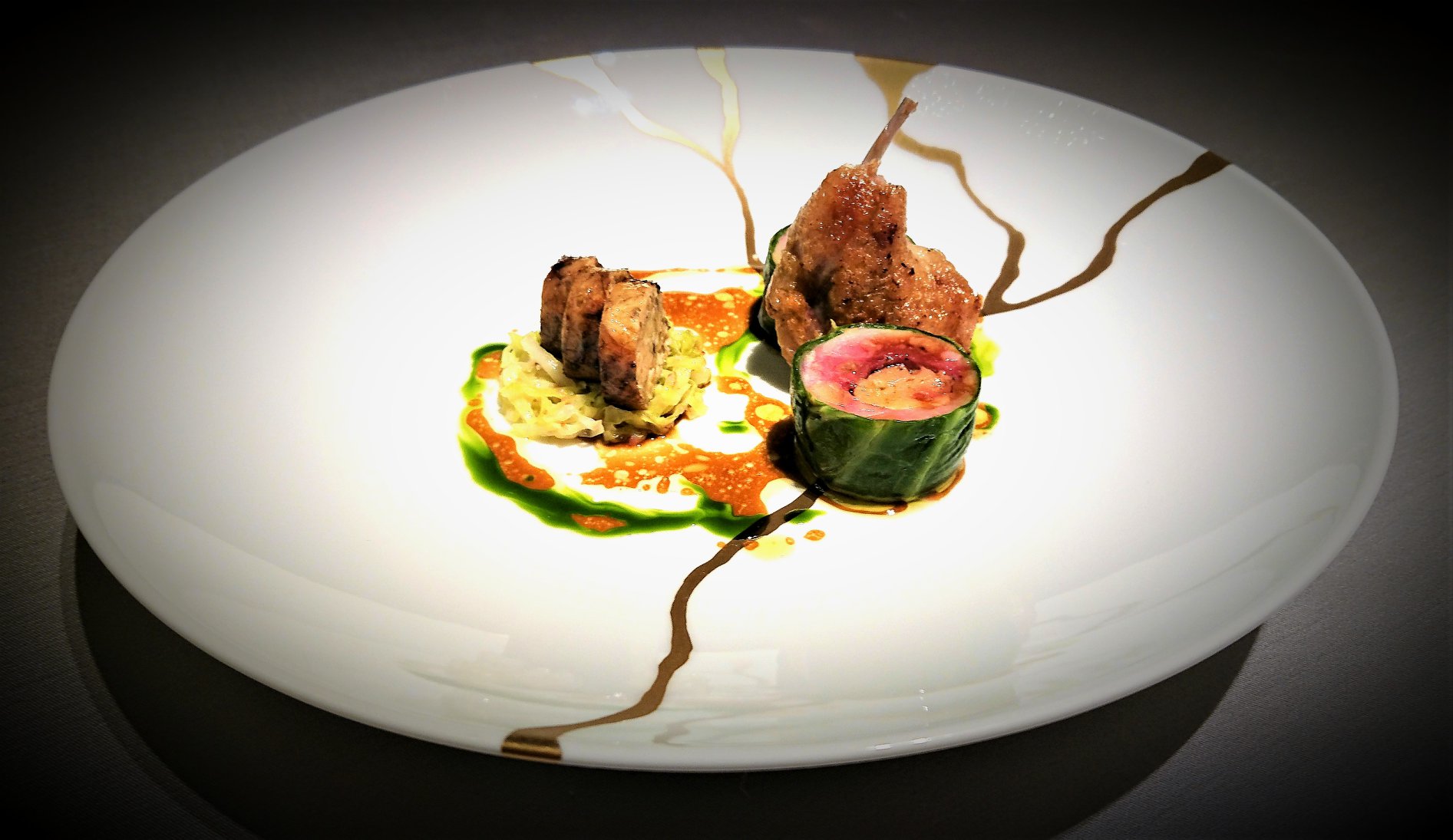
Introduction: Cuisine has long been recognized as a powerful tool for cultural exchange, forging connections between people from different backgrounds and traditions. In Japan, this is exemplified by the deep appreciation and adoption of French cuisine into the culinary fabric of the nation. From the bustling streets of Tokyo to the serene countryside, French food has found a cherished place on Japanese tables, transcending cultural barriers and fostering a deeper understanding between two seemingly disparate culinary traditions.
French Cuisine in Japan: A Historical Perspective The story of French cuisine in Japan dates back to the late 19th century when Japan began to open its doors to the outside world during the Meiji Restoration. French cuisine, with its emphasis on refinement and sophistication, quickly captured the imagination of the Japanese elite, who saw it as a symbol of modernity and cosmopolitanism. French-inspired restaurants began to proliferate in major cities like Tokyo and Yokohama, catering to a growing demand for Western-style dining experiences.
The Rise of French Culinary Icons in Japan Over the decades, French cuisine in Japan has been shaped by the influence of visionary chefs who have brought their expertise and passion for French gastronomy to the country. French culinary icons such as Paul Bocuse, Joël Robuchon, and Alain Ducasse have all left an indelible mark on Japan’s dining scene, inspiring a new generation of Japanese chefs to pursue excellence in French cooking.
Today, Japanese chefs trained in the art of French cuisine can be found in top restaurants around the world, showcasing their mastery of French techniques while infusing their dishes with a uniquely Japanese sensibility. This cross-cultural exchange has not only elevated the status of French cuisine in Japan but has also enriched the global culinary landscape.
French Cuisine in Japanese Daily Life Beyond the realm of fine dining, French cuisine has become an integral part of everyday life for many Japanese people. From croissants and baguettes enjoyed at breakfast to coq au vin and boeuf bourguignon served at family dinners, French dishes have found their way into Japanese homes, reflecting a growing appreciation for the flavors and traditions of French gastronomy.
In recent years, the popularity of French-inspired pastries and desserts has surged in Japan, with French-style bakeries and patisseries popping up in every neighborhood. These establishments offer a tantalizing array of treats, from delicate macarons and éclairs to decadent tarts and gateaux, providing a taste of France to anyone with a sweet tooth.
Bridging Culinary Traditions: The Fusion of French and Japanese Cuisine While French cuisine has undeniably made its mark on Japan, the influence has been reciprocal, with Japanese ingredients and flavors increasingly incorporated into French dishes. This fusion of French and Japanese culinary traditions has given rise to innovative creations that marry the elegance of French cooking with the precision and seasonality of Japanese cuisine.
In Tokyo and other major cities, diners can experience this culinary fusion firsthand at restaurants that specialize in Franco-Japanese cuisine. Here, traditional French dishes are reimagined with Japanese ingredients such as dashi, miso, and yuzu, resulting in a harmonious blend of flavors and textures that captivate the senses.
Conclusion: In Japan, the love affair with French cuisine continues to flourish, serving as a testament to the enduring power of food to transcend cultural boundaries and bring people together. Through the shared appreciation of French food, Japanese diners have forged a deep connection with a distant culinary tradition, enriching their own culinary heritage in the process. As French cuisine continues to evolve and adapt in Japan, it serves as a symbol of the enduring bonds of friendship and cultural exchange between two nations.

